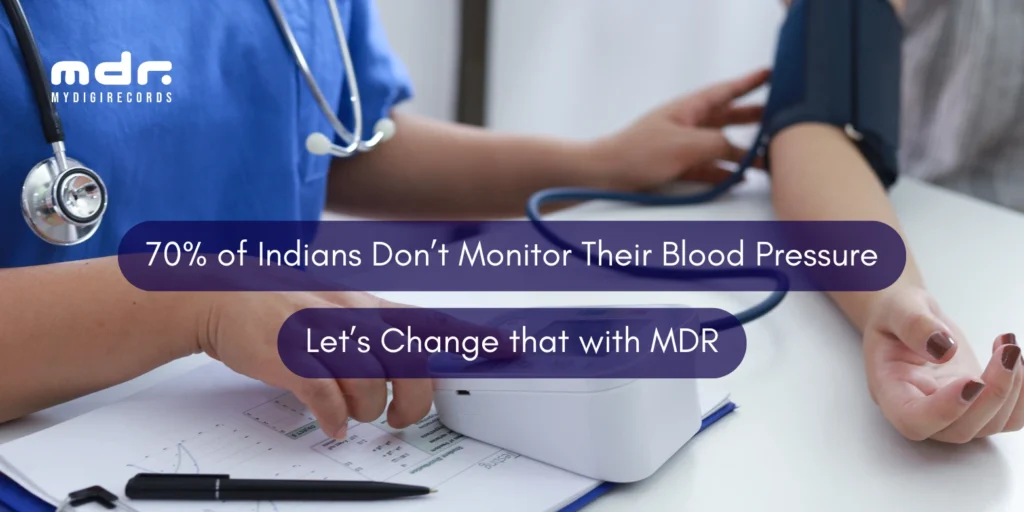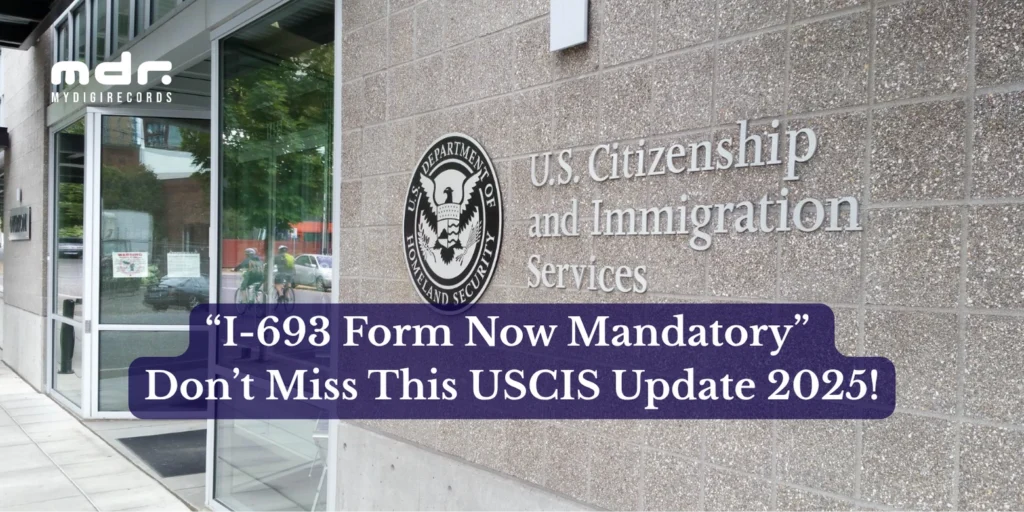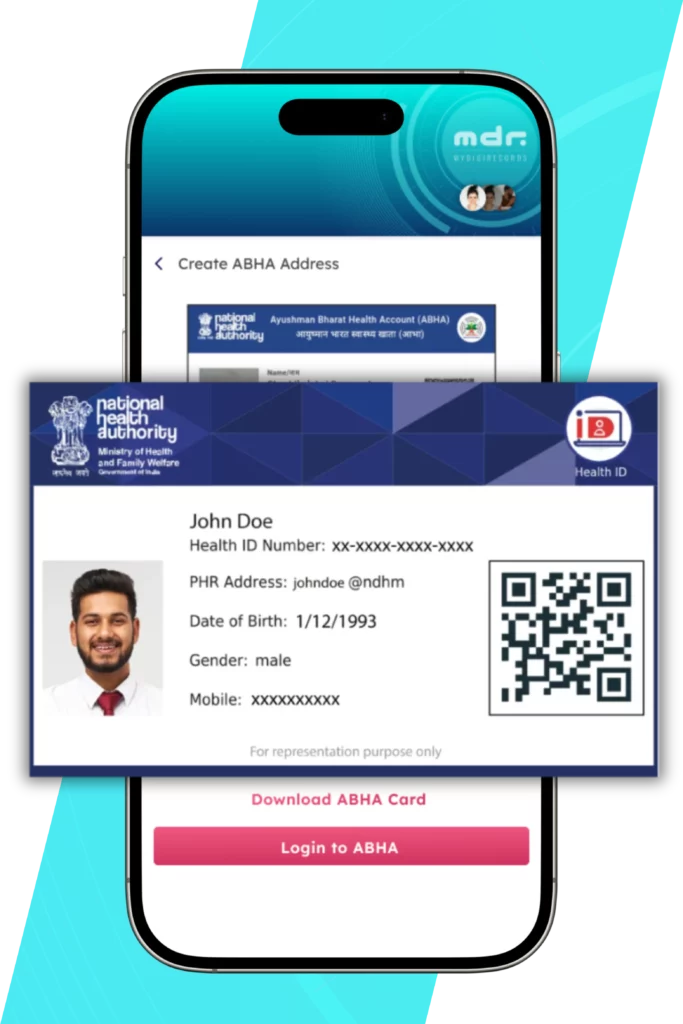Revolutionizing Healthcare: AI-Powered Predictive Analytics, Early Detection, and Pre-emptive Care

Artificial Intelligence (AI) has emerged as a game-changer in healthcare, offering new avenues for improving patient care, predicting outcomes, and personalizing treatments. One of the most significant advancements is AI-powered predictive analytics, which enables healthcare providers to :
- Anticipate disease progression,
- Identify complications early, and
- Offer timely interventions.
This data-driven approach is transforming the way healthcare is delivered, ensuring better patient outcomes, reducing healthcare costs, and enhancing overall efficiency.
AI-powered predictive analytics uses vast amounts of historical and real-time patient data to predict health outcomes. By analyzing medical histories, lab results, imaging, and lifestyle factors, AI algorithms can forecast the likelihood of various health events, such as the progression of chronic diseases, complications from surgeries, or the onset of severe conditions like heart attacks or strokes.
Here’s how predictive analytics works in healthcare:
- Data Integration: AI systems aggregate data from multiple sources, including electronic health records (EHRs), wearable devices, and lab tests.
- Pattern Recognition: Using machine learning algorithms, AI identifies patterns and correlations within this data, which would be difficult for human clinicians to detect.
- Outcome Prediction: AI predicts future outcomes, such as disease progression, complications, and risks, based on patient-specific factors.
- Early Alerts and Intervention: The system provides early warnings to healthcare providers, enabling them to intervene promptly and prevent negative outcomes.
For example, predictive models can alert doctors about patients at high risk for complications during surgery or hospital admission, allowing for timely and proactive interventions.
Personalized and Timely Interventions with Predictive Analytics
AI doesn’t just predict health outcomes; it also enables personalized care. By tailoring treatments and monitoring regimens based on a patient’s unique health data, AI can improve the efficacy of interventions, leading to better outcomes. For instance, AI-powered tools can identify patients who need personalized medication adjustments based on their genetic profile or response to previous treatments.
For patients with chronic conditions, predictive analytics can monitor trends in vital signs, lab results, and medication adherence to predict potential flare-ups or exacerbations. This allows healthcare providers to adjust treatments or recommend preventive measures, improving long-term health outcomes and quality of life.
MDR & MDR Pro: Enhancing Healthcare with Smart Reporting and AI Predictive Analytics
MDR (MyDigiRecords) and MDR Pro are designed to revolutionize patient care with AI-driven features that help track, analyze, and report health data. These platforms are equipped with smart reporting and AI-powered predictive analytics, making it easier for healthcare providers to detect diseases early and take preemptive actions.
A Cutting-Edge Feature for Preventive Care
MDR & its modules provide an even more sophisticated layer of healthcare through its AI-powered chatbot, which enhances diagnostic accuracy and preemptive care.
Glance of AI based Features offered under MDR ,MDR Vax & MDR Pro
Smart Reporting and Predictive Analytics:
Both MDR and MDR Pro use AI algorithms to track patient health metrics and analyze data trends in real time. These platforms generate smart reports that highlight potential risks or signs of disease progression. This predictive insight helps healthcare providers make timely decisions and provide personalized care plans.
Preemptive Care with Regular Tracking:
Regular health tracking is vital for detecting diseases at an early stage. MDR’s continuous monitoring system allows for real-time tracking of vital health parameters such as blood pressure, glucose levels, heart rate, and more. By analyzing these parameters over time, AI can predict potential health issues, enabling earlier detection of conditions like hypertension, diabetes, or heart disease, and offering preemptive care options.
Disease Detection and Risk Alerts:
Predictive analytics within MDR and MDR Pro continuously assess risk factors, helping healthcare providers identify patients at high risk of disease progression or complications. For instance, AI can identify trends that suggest worsening conditions like chronic kidney disease or respiratory issues, prompting early intervention and adjustments to treatment plans.
AI Diagnosis Chatbot: MDR Pro & Vax include features an AI chatbot that helps patients quickly assess their health by entering symptoms and key parameters. The AI analyzes this information and provides instant suggestions for potential medical conditions. This feature helps patients make informed decisions about whether to seek medical care and can be shared directly with healthcare providers for further investigation.
The Allergies Bank is a critical feature of the product that stores and retrieves allergy information, such as food and environmental triggers. This data ensures that diagnoses and prescriptions take into account any allergies a patient may have, preventing health risks during treatment and ensuring a safer healthcare experience.
Drug Bank Inclusion: MDR & list products includes a comprehensive Drug Bank, which adheres to CDC guidelines and offers detailed information on various medications. This feature enhances the accuracy of prescriptions, reduces medication errors, and supports patient safety by ensuring that healthcare providers have access to the most up-to-date and accurate drug information.
How AI Predictive Analytics Supports Better Healthcare Outcomes
By integrating AI-powered predictive analytics into systems like MDR and MDR Pro, healthcare providers can offer better, more efficient care. Here are some key benefits:
- Early Detection of Diseases:
Predictive models help detect diseases in their early stages, often before symptoms appear. This can significantly improve treatment success rates and reduce healthcare costs by preventing more severe complications down the line. - Preemptive Interventions:
Regular monitoring and predictive alerts allow healthcare providers to intervene proactively. For example, AI can predict the likelihood of a heart attack in a patient based on their medical history and lifestyle, allowing doctors to take preventive measures, such as adjusting medications or recommending lifestyle changes. - Optimized Treatment Plans:
With data-driven insights, healthcare providers can offer more personalized treatment options, optimizing patient care by taking into account individual risk factors and health conditions. - Reduced Readmission Rates:
By tracking patient progress and predicting potential complications, AI can help reduce hospital readmissions. This is especially important for patients with chronic conditions, where timely adjustments to treatment can prevent relapses.
AI-powered predictive analytics is transforming healthcare by providing the tools necessary to predict patient outcomes, enable early disease detection, and offer personalized care. With platforms like MDR, MDR Pro, and MDR Vax, healthcare providers are equipped with powerful tools to track, monitor, and report patient data. These platforms not only help in predicting and preventing diseases but also improve overall patient safety through features like AI-driven diagnosis, allergy banks, and drug libraries.
By leveraging AI based products like those offered by @mydigirecords, healthcare providers can enhance patient outcomes, reduce complications, and provide preemptive care that leads to healthier lives and more efficient healthcare systems.
More blogs for you to read

70% of Indians Don’t Monitor Their Blood Pressure – Let’s Change That with MDR
70% of Indians Don’t Monitor Their Blood Pressure – Let’s Change That with MDR Table of Contents: The Silent Killer

New USCIS Rule 2025: Green Card Applications Must Now Include Medical Form I-693 – What You Need to Know
New USCIS Rule 2025: Green Card Applications Must Now Include Medical Form I-693 – What You Need to Know Table

A Deep Dive into ABDM and ABHA ID with MyDigiRecords – Unlocking the Power of Digital Health
A Deep Dive into ABDM and ABHA ID with MyDigiRecords – Unlocking the Power of Digital Health Table of Contents:

